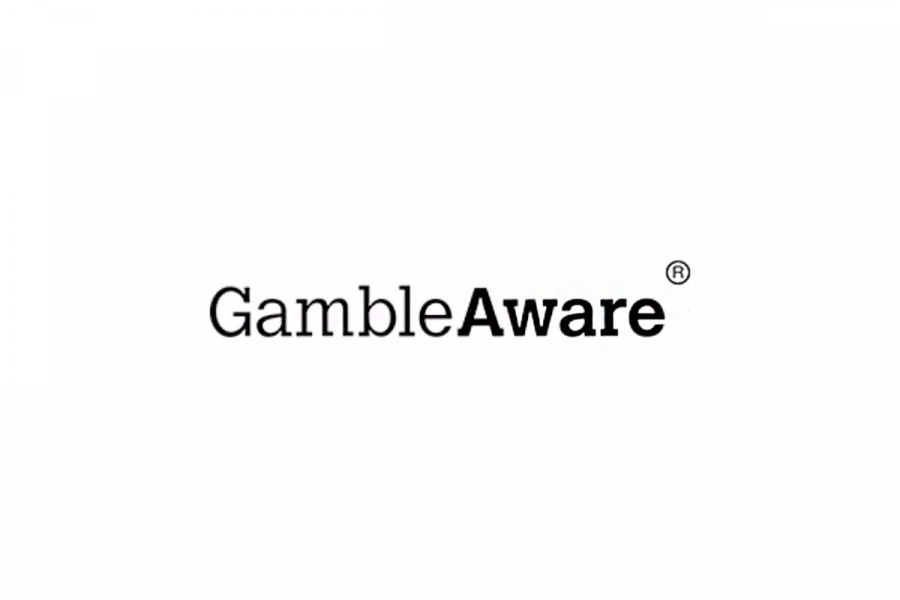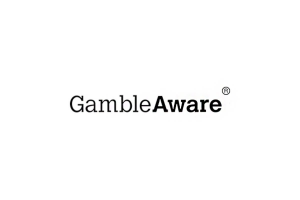New GambleAware research shows minority groups more at risk of harm

The study shows that the rate of gambling harm is higher among minority groups.
UK.- The industry-backed responsible gambling charity GambleAware has reported on the results of new research showing a heightened risk of gambling harm among minority groups.
The study conducted by Ipsos UK and ClearView Research found that the rate of gambling harm among gamblers from minority backgrounds in the UK was 42 per cent compared to 20 per cent for white British gamblers. That contrasts with a lower gambling participation rate among minority groups of 31 per cent compared to 48 per cent for white British people.
The study found that 18 per cent of gamblers from minorities used gambling as a “coping mechanism, in response to challenges and difficulties in life”, three times more than white British people (6 per cent). They were also more likely to find it difficult to limit gambling activity despite wanting to. They were also found to be slightly less likely to seek formal support.
The research defined minorities as people identifying as a member of an ethnic or religious minority group or people from a migrant community who may not speak English as a first language. GambleAware said the results show that structural factors like income, social equality and discrimination influence levels of gambling harm
Chief executive Zoë Osmond said: “The higher prevalence of gambling harms amongst minority groups, coupled with the fact they are less likely to access specialist gambling services, is alarming and demonstrates the clear need for further investigation and tailored solutions.
“We need to break down the barriers to accessing support, and challenge the stigma and discrimination faced by these communities.”
Niamh McGarry, director of impact at ClearView, said: “Whilst further research is needed to establish what drives higher burdens of gambling harms in minority communities, these results clearly highlight that members of these communities are facing increased vulnerabilities and are more at risk of suffering from gambling harms.
“Services must be designed with the voice of minority communities centred throughout, and this research helps demonstrate that specific attention and specialised support is needed to effectively address these inequalities.”
Earlier this month, GambleAware awarded £2m in funding to 10 organisations to support the long-term recovery of people who have experienced gambling harms. Awarded from GambleAware’s Aftercare Funding Programme (AFP), the funds aim to aid the delivery of additional support people might require as part of a long-term recovery.
Organisations were chosen through a selection process involving a panel of experts, including two people with personal experience of gambling harm. Applicants had to demonstrate how they would achieve sustained recoveries from gambling harm, including mental health and well-being, practical skills and increasing confidence and self-belief.











